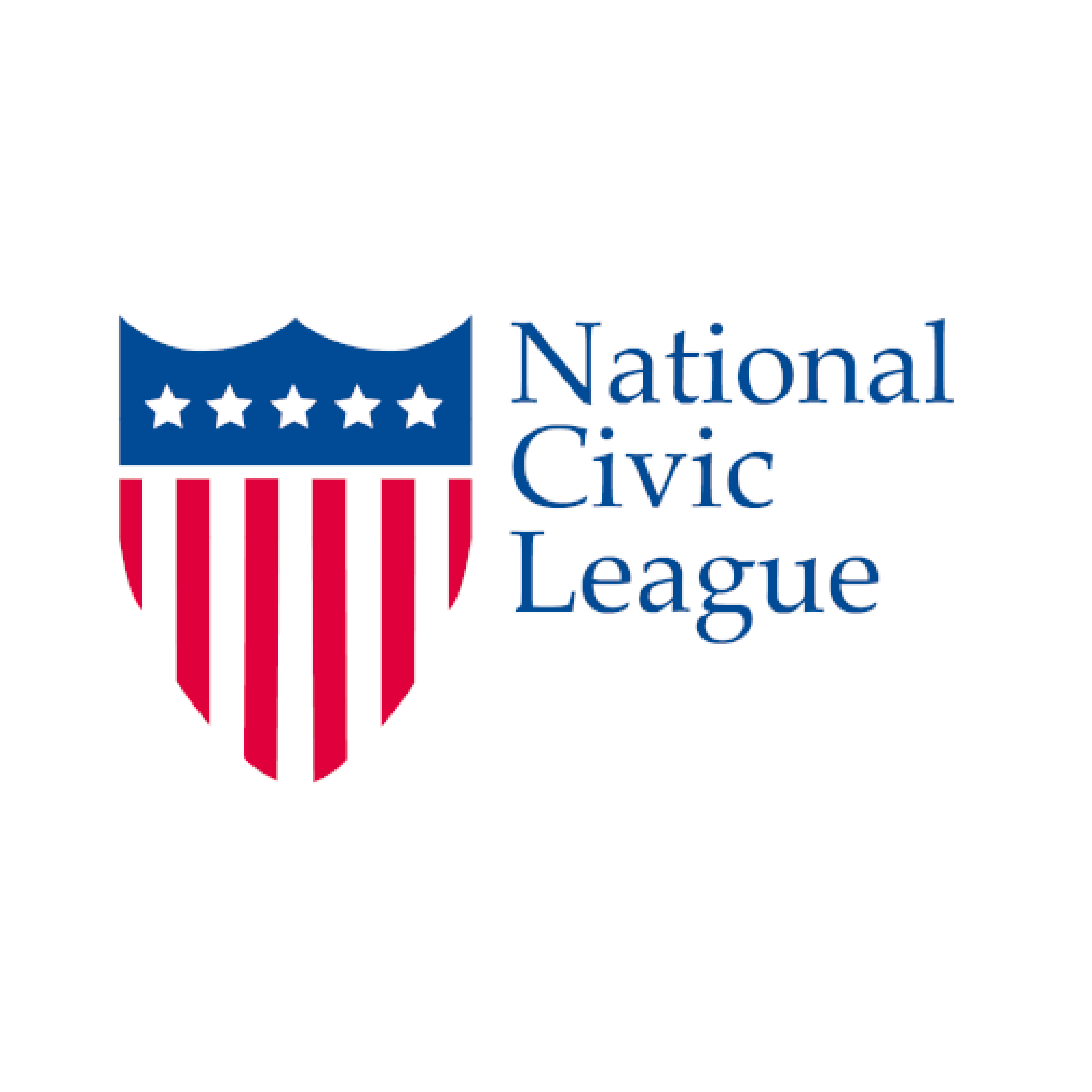Annual Grants Awarded
Annual Grants Awarded
Funding projects that meet our mission.




Project
Street Law
To develop and assess resources and training for youth courts across the U.S. in partnership with the National Association of Youth Courts. This initiative will address gaps in the system and improve outcomes for over 100,000 youth annually, enhancing ADR practices in these courts.
GRANT AMOUNT
$653,492

Project
National Civic League
To innovate and support strong civil discourse in local governance in three U.S. locations. The initiative aims to improve citizen-government relations in partnership with the SHIFT Family Foundation, the National League of Cities, and the International City/County Management Association.
GRANT AMOUNT
$244,800
Project
National Civic League | Measuring, Growing and Embedding Civility
National Civic League Center for Democracy Innovation (CDI) partnered with three pilot communities to identify themes that hinder effective public meetings and provide recommendations to improve public meetings for communities and public officials. Learn more about the challenges and recommendations in each of the participating communities including: Boulder, Colorado; Mesa Public Schools in Mesa, Arizona; and Community Police Advisory Board (CPAB) and Fayetteville Next advisory commission in Fayetteville, North Carolina.
GRANT AMOUNT
$187,047

Project
Everyday Democracy
To train librarians in dialogue facilitation to foster civil discourse in 10-12 library systems across the U.S. in partnership with the Urban Libraries Council.
GRANT AMOUNT
$182,000
Project
Arizona State University Foundation | New Infographics: Examining the Evolving Practice of Initial Mediation Sessions
The AAA-ICDR Foundation is pleased to share a new series of infographics based on empirical studies conducted by Roselle L. Wissler and Art Hinshaw that shed light on evolving trends in mediation practices. Drawing from surveys of over 1,000 mediators across eight states, these studies offer data-driven insights into how initial mediation sessions are structured and experienced across civil and family dispute contexts. Key Insights from the Infographics Include: · Initial Joint Sessions Remain Prevalent, but their content has shifted. While many mediations still begin with both parties together, traditional features like opening statements and substantive dialogue now occur less frequently. · Mediators’ Habits and Local Norms Influence Structure. Mediators often default to a single approach, and the state where mediation occurs strongly predicts whether a joint session or caucus is used. · Pre-Session Communication Is Widespread, yet disputants are often absent, and its structure varies significantly depending on counsel involvement and mediator background. · Joint vs. Caucus Outcomes Differ by Context. While no single format ensures better results, the nature and depth of discussions in the initial session play a more significant role than whether parties are physically together. These infographics aim to make the findings accessible and actionable for practitioners, court systems, and policy makers interested in the future of mediation.
GRANT AMOUNT
$59,789

Project
Street Law
To develop and assess resources and training for youth courts across the U.S. in partnership with the National Association of Youth Courts. This initiative will address gaps in the system and improve outcomes for over 100,000 youth annually, enhancing ADR practices in these courts.
GRANT AMOUNT
$653,492

Project
National Civic League
To innovate and support strong civil discourse in local governance in three U.S. locations. The initiative aims to improve citizen-government relations in partnership with the SHIFT Family Foundation, the National League of Cities, and the International City/County Management Association.
GRANT AMOUNT
$244,800
Project
National Civic League | Measuring, Growing and Embedding Civility
National Civic League Center for Democracy Innovation (CDI) partnered with three pilot communities to identify themes that hinder effective public meetings and provide recommendations to improve public meetings for communities and public officials. Learn more about the challenges and recommendations in each of the participating communities including: Boulder, Colorado; Mesa Public Schools in Mesa, Arizona; and Community Police Advisory Board (CPAB) and Fayetteville Next advisory commission in Fayetteville, North Carolina.
GRANT AMOUNT
$187,047

Project
Everyday Democracy
To train librarians in dialogue facilitation to foster civil discourse in 10-12 library systems across the U.S. in partnership with the Urban Libraries Council.
GRANT AMOUNT
$182,000
Project
Arizona State University Foundation | New Infographics: Examining the Evolving Practice of Initial Mediation Sessions
The AAA-ICDR Foundation is pleased to share a new series of infographics based on empirical studies conducted by Roselle L. Wissler and Art Hinshaw that shed light on evolving trends in mediation practices. Drawing from surveys of over 1,000 mediators across eight states, these studies offer data-driven insights into how initial mediation sessions are structured and experienced across civil and family dispute contexts. Key Insights from the Infographics Include: · Initial Joint Sessions Remain Prevalent, but their content has shifted. While many mediations still begin with both parties together, traditional features like opening statements and substantive dialogue now occur less frequently. · Mediators’ Habits and Local Norms Influence Structure. Mediators often default to a single approach, and the state where mediation occurs strongly predicts whether a joint session or caucus is used. · Pre-Session Communication Is Widespread, yet disputants are often absent, and its structure varies significantly depending on counsel involvement and mediator background. · Joint vs. Caucus Outcomes Differ by Context. While no single format ensures better results, the nature and depth of discussions in the initial session play a more significant role than whether parties are physically together. These infographics aim to make the findings accessible and actionable for practitioners, court systems, and policy makers interested in the future of mediation.
GRANT AMOUNT
$59,789
